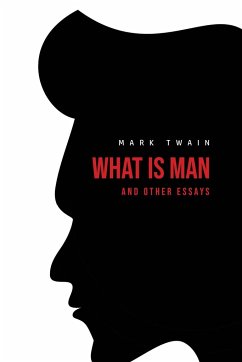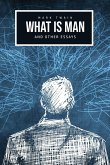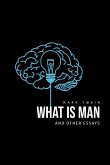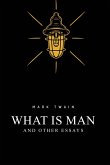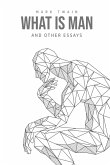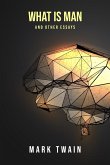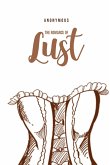Do you want to read What is Man? If so then keep reading... In "What is Man?" Mark Twain raises numerous thought-provoking questions about mankind and the way the mind works. With his usual wit, Twain has created a beautiful dialogue that in many ways can be compared to that in Plato's The Republic. In this book, Twain's knack for explaining reality without any of its grand notions is on full display. Though short enough to be read in one sitting, it perceptively reveals why people act as they do. Readers will feel that they are engaged in a modern lecture between a seasoned philosophy professor and his most accomplished student. Through the dialogue, you get a sense that this piece of writing is the epitome of Samuel Clemen's look on life, although debatable. Regardless of how you feel at the end of the essay, if read carefully, you will at least question your own daily motives and perhaps everyone else's that has come before you. What are you waiting for What is Man? is one click away, select the "Buy Now" button in the top right corner NOW!
Hinweis: Dieser Artikel kann nur an eine deutsche Lieferadresse ausgeliefert werden.
Hinweis: Dieser Artikel kann nur an eine deutsche Lieferadresse ausgeliefert werden.

